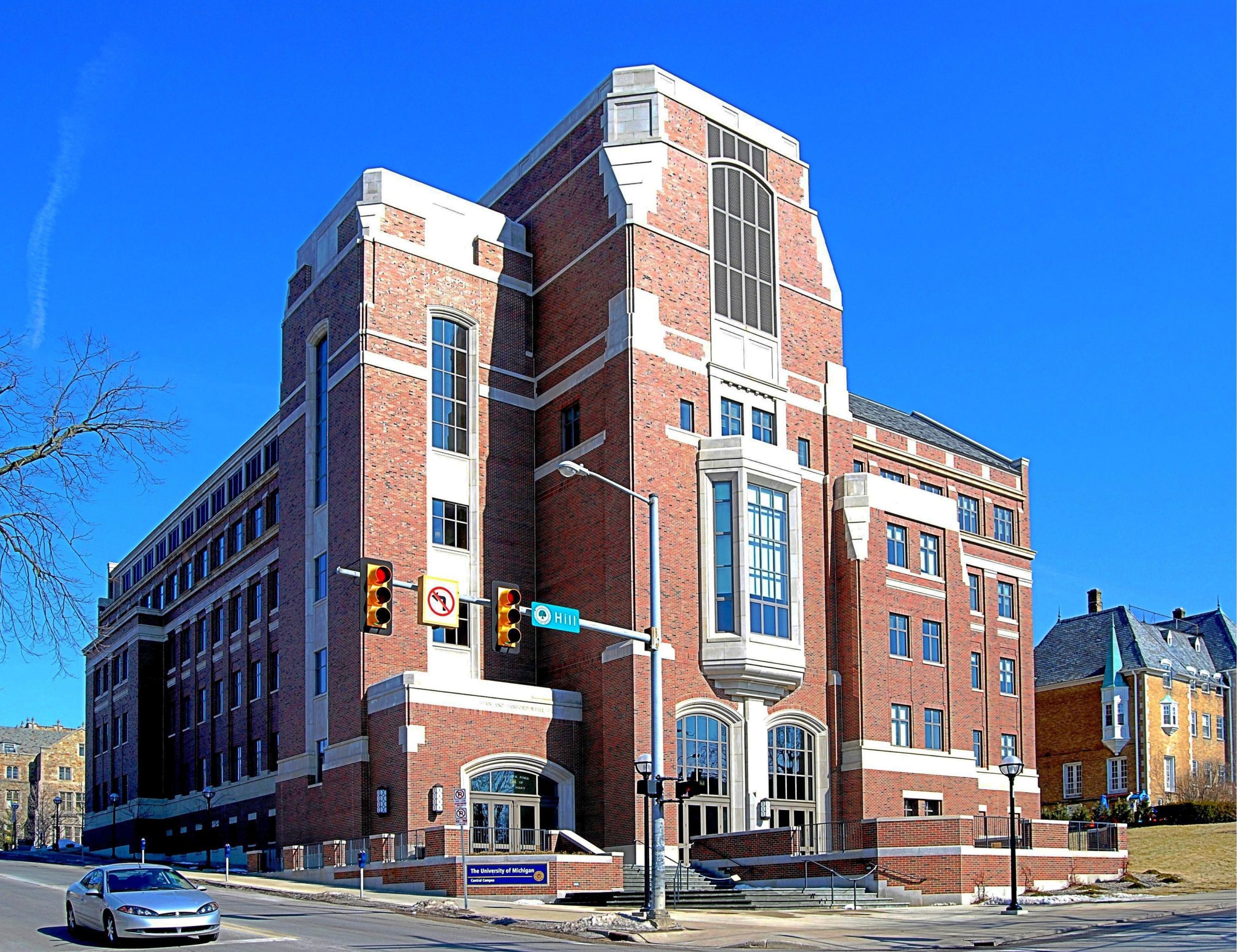Over the summer, I was excited to be accepted into the public policy minor program through the university’s Gerald R. Ford School of Public Policy. I was eager to further my interests and learn some of the skills necessary to analyze policy issues, and my classes and professors thus far have been engaging and knowledgeable, but some aspects of the Ford School have proven a disappointment.
The Ford School markets itself as a “top-ranked policy school dedicated to the public good.” Although it does not make clear what exactly the “public good” is, the school’s website is replete with euphemisms such as that the school exists to produce “transformational research” and leaders with a commitment to “diversity, equity, and inclusion.” One of my professors, along with one of my graduate student instructors, conceded that Ford is an extremely progressive community within an already extremely progressive university. Based on the content of my classes so far, I have to agree.
The Ford School prides itself on its commitment to “evidence-based policymaking.” What that commitment amounts to is the pronounced elevation of a selective use of certain social sciences above all other disciplines or relevant modes of thinking. “Values” are a constant theme of teaching at Ford. We can, and should, pursue public policies that are in keeping with our values. Nonetheless, there have been few mentions of what those values might be, and none of where they arise from.
History, philosophy, and theology apparently, according to the Ford School, are not necessary for the formulation of values from which we can begin considering public policy. Instead, we need only rely on hyper-rationalistic, secular technocrats obsessed with data for which they have no direction. After all, what good are traditional methods of learning when we have studies conducted by experts?
After one of my weekly discussion sections, I raised the insufficiency of sole reliance on the social sciences with my GSI. During class that day, we had discussed demographic disparities in measures such as infant mortality and median household income in the United States. Through no fault of my GSI’s, the graphics we viewed in class only contained data for black, Hispanic, and white Americans. The graphs, from “reputable” sources such as Forbes, showed significant disparities between whites and racial minorities on those measures. The graphs, however, conspicuously excluded Asian Americans, who significantly outperform white Americans on both infant mortality and median household income.
Both measures fall within the purview of public policy, and, of course, efforts ought to be made to improve those statistics for Americans of all demographics. Nevertheless, the Ford School, which seems to solely rely on the social sciences and the testimony of self-styled experts, fails to even show the whole statistical picture. Perhaps the graphs in class were simply cut off, or perhaps they were intended to cement the idea, as the Ford school officially believes, that “racist violence and inequality in our systems, in the U.S. and abroad, are the result of centuries of laws, policies, and institutions that have entrenched and enforced white supremacy.” With its commitment to DEI and the elevation of the social sciences, the Ford School seems more focused on producing progressive activists than an approach to public policy based on a traditional understanding of the common good.
